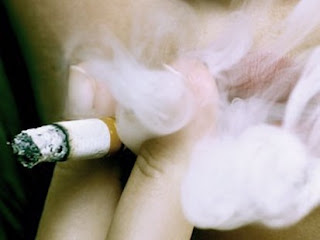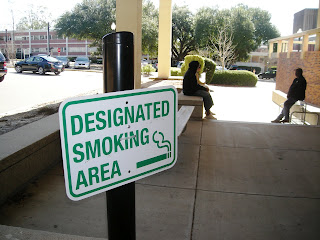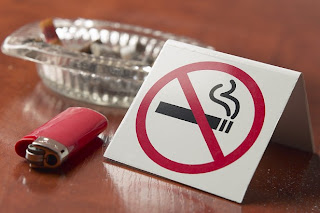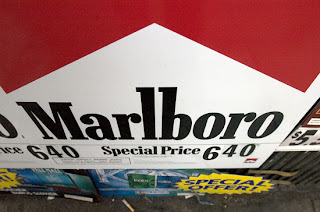
The 2012 tobacco marketing season opens on February 15, Tobacco Industry Marketing Board (TIMB) chief executive officer Andrew Matibiri announced yesterday.
Matibiri made the remarks during a tour of the four licensed tobacco auction floors to check on their state of preparedness.
He said TIMB and other stakeholders were currently conducting a crop assessment exercise and to date 56 369 hectares, out of the expected 80 000, have been confirmed.
We are prepared for the coming tobacco marketing season. We have licensed four auction floors while 11 A class buyers licenses were renewed and four new companies are licensed as A class buyers for the 2012 season, said Matibiri.
TIMB chairperson Monica Chinamasa concurred that the level of preparedness was high and they did not anticipate any hiccups as happened last year.
We are trying to deal with the issue of decongestion that we encountered last year. This season it is going to be different, said Chinamasa, adding that congestion would be minimal during the 2012 selling season.
She said unlike last year, four tobacco floors Tobacco Sales Floor, Boka Tobacco Floors, Millennium Tobacco and Premier Tobacco would open simultaneously and it was up to each floor to reach out to growers.
Last year, the selling season opened with one floor, Tobacco Sales Floor, running while Boka and Millennium joined during the course of the selling season.
Chinamasa said growers were encouraged to register early to allow them to provide much-needed information to TIMB for planning purposes. At least 49% of growers in the register have not yet registered to sell during the coming market season.
The registration fee remains at $10, but a late registration penalty fee of $40 will be charged to all growers who have not yet registered, said Chinamasa.
She said a total of 34 734 growers have registered and the tobacco register had more than 66 000 growers.
The national crop size is currently under assessment although the target was 150 million kg, she said
She said crop performance in the northern areas had been negatively affected by the long dry spell.








